Infection and Immunity nieuws
Oct 28: Combination of existing drugs efficacious in Sjögren’s syndrome
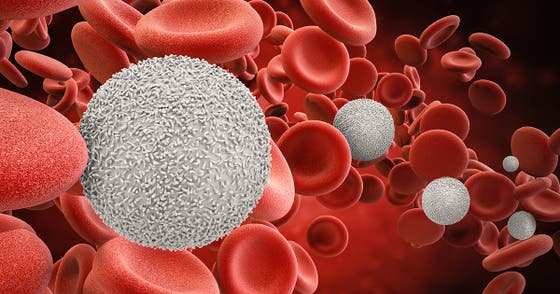
The drug combination of leflunomide plus hydroxychloroquine was safe and resulted in a good clinical response in patients with primary Sjögren’s syndrome. “The successful outcome of this well-controlled study – the first ever to investigate a combination of existing drugs in this disease - warrants further evaluation in larger clinical trials”, concludes Eefje van der Heijden in her PhD thesis.
Read moreOct 27: Dysregulated monocytes are associated with severity of systemic sclerosis
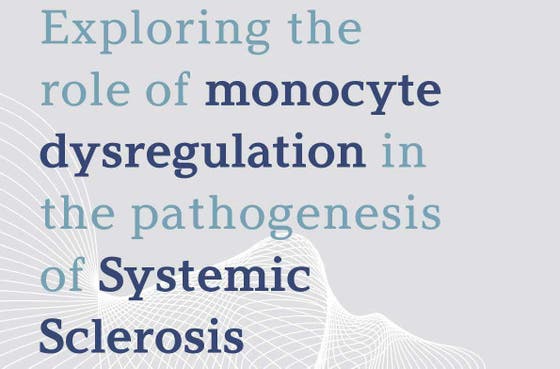
It is evident that there is deregulation of monocytes in patients with systemic sclerosis (SSc). This is strongly related to the severity of the clinical picture and monocyte dysregulation is therefore most likely directly involved in the pathogenesis of SSc. How to prevent monocyte deregulation may help cure or prevent SSc should be subject of future research, concludes Maarten van der Kroef in his PhD research at UMC Utrecht.
Read moreOct 27: Tackling the Achilles heel of spondyloarthritis
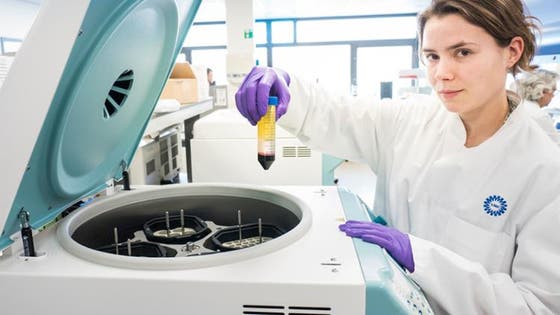
The root cause of spondyloarthritis – an inflammatory joint disease - may be found in the acquired immune system. However, the precise mechanism of action needs further research, concludes Tessa van Kempen in her PhD thesis.
Read moreOct 12: Optimization of stem cell therapy necessary in patients with systemic sclerosis
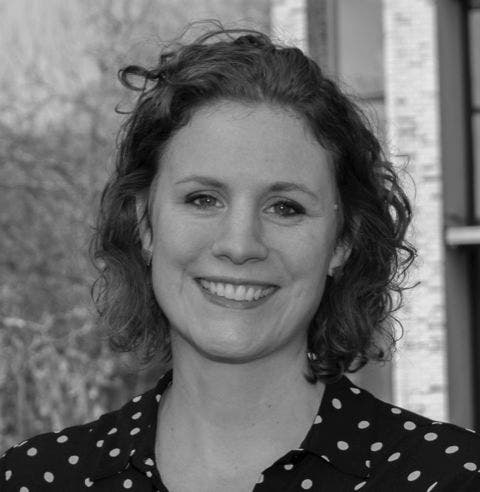
To improve patient outcomes in systemic sclerosis (scleroderma), optimization of hematopoietic stem cell therapy is necessary, and will be investigated in the UPSIDE study. This was concluded by Julia Spierings who defended her PhD thesis on October 12 in Utrecht.
Read moreOct 5: Staphylococcus aureus carriage increases risk of S. aureus ICU-acquired pneumonia
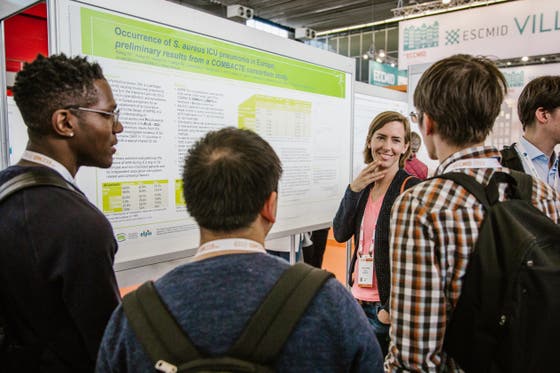
The incidence of pneumonia due to infection with Staphylococcus aureus at the intensive care may be higher than previously thought. Future interventions to prevent this condition should therefore focus on patients colonized with S. aureus, says Fleur Paling in her PhD research.
Read moreSep 30: Research into development of lung damage and chronic complaints after COVID-19
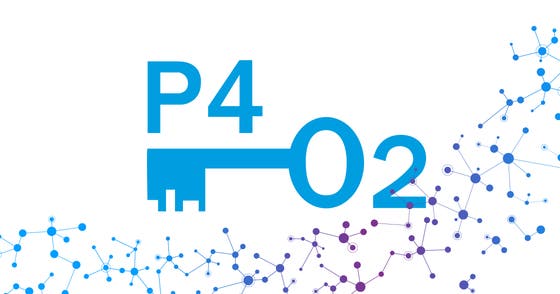
Many patients who have had COVID-19 continue to have health complaints for a long period of time. The long-term effects of the damage caused by the virus and the body's response to it is unclear. The Dutch consortium Precision Medicine for more Oxygen (P4O2), in which UMC Utrecht participates, will investigate how these complaints develop and which factors can predict them in future patients.
Read moreSep 28: Optimized Killing technology to empower engineered immune cells in the treatment of cancer
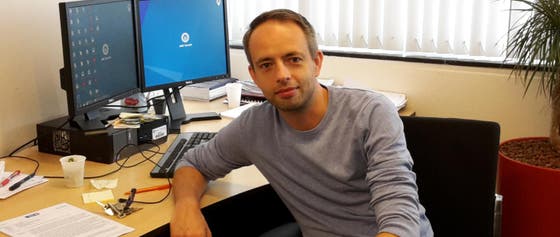
Victor Peperzak and his team (Center for Translational Immunology, UMC Utrecht) have received a grant of € 581.000 from KWF (2020 call) to further develop new immune therapies based on engineered immune cells for the treatment of both solid tumors and blood cancers.
Read moreSep 24: UMC Utrecht investigates super-fast antigen test for COVID-19
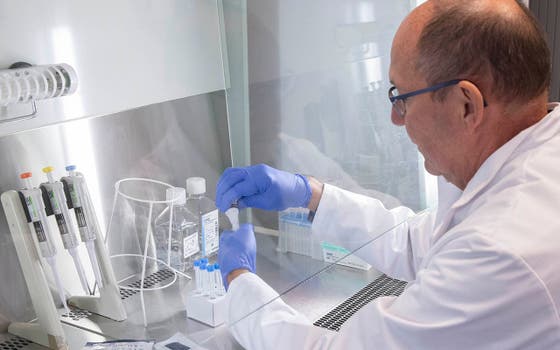
This week, UMC Utrecht started validating a new, rapid test to determine a COVID-19 infection. The new antigen test detects a viral protein and can demonstrate in 15 minutes whether the virus is present. The PCR test, which is currently most commonly used in the Netherlands, looks at the genetic material of the virus and is very sensitive but takes much longer, namely five hours.
Read moreSep 16: Determination of the lifespan of granulocytes
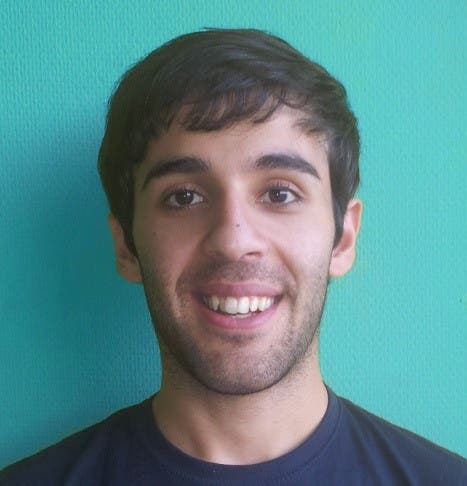
The lifespan of the neutrophilic granulocyte is at least 2 days. This is much longer that what has been described in the scientific literature (usually approx. 1 day). This is the result of innovative studies on human granulocyte kinetics with deuterium-labelled cells, performed in the PhD-project of Marwan Hassani.
Read moreSep 14: Novel approaches needed for better diagnosis of sepsis
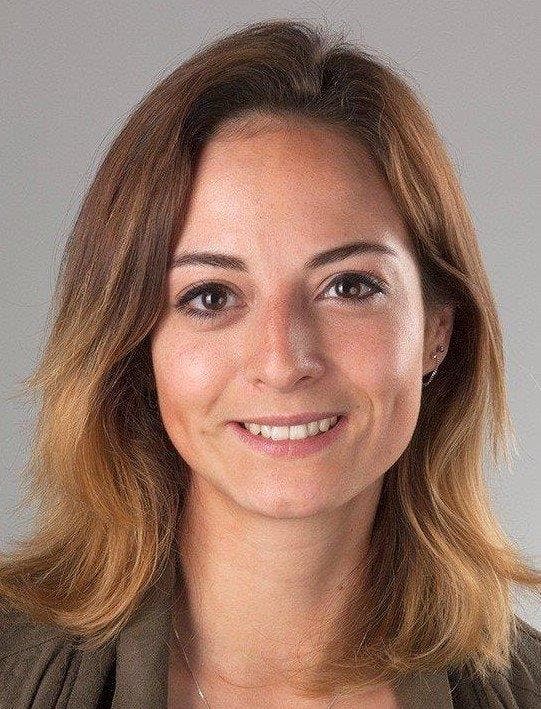
Sepsis is a complex syndrome and so is its diagnosis. In order to improve sepsis diagnosis, research efforts should focus on combinations of diagnostic approaches, taking into consideration their changing performance in various phases of the disease, as was concluded Diana Verboom (UMC Utrecht) in her PhD research.
Read more